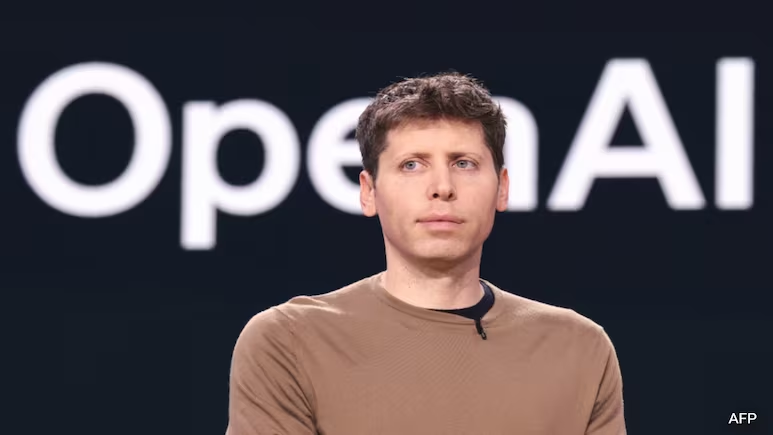
OpenAI Chief Says It Needs a Different Open-Source Strategy
In a candid Reddit “Ask Me Anything” session, OpenAI CEO Sam Altman acknowledged that the company may have been “on the wrong side of history” when it comes to transparency and open-source practices. Altman’s remarks come as competitors like DeepSeek gain traction with their open-source AI models, challenging the dominance of closed systems like OpenAI and Google.
Altman’s Open-Source Admission
During the Reddit session, Altman fielded questions about OpenAI’s approach to sharing its research and technology. When asked if he would consider making OpenAI’s work more open, Altman responded, I personally think we have been on the wrong side of history here and need to figure out a different open-source strategy.
He clarified that while he supports the idea, not everyone at OpenAI shares his view, and it is not the company’s top priority at the moment. This admission highlights the growing tension between proprietary AI development and the open-source movement, which advocates for transparency and collaboration.
The Rise of Open-Source Competitors
Altman’s comments come at a time when open-source AI projects are gaining significant attention. Chinese AI startup DeepSeek, for instance, has made waves with its R1 chatbot, which boasts low costs, high performance, and a commitment to open-source principles. Unlike OpenAI and Google, DeepSeek allows developers to access and modify its source code, fostering innovation and trust within the AI community.
Other players like Meta and France-based Mistral are also embracing open-source strategies, setting themselves apart from traditional tech giants. These companies argue that open-source models not only democratize AI development but also encourage faster advancements by leveraging collective expertise.
Open Source vs. Proprietary AI
Open-source AI refers to the practice of making the source code of software publicly available, allowing developers to study, modify, and distribute it freely. This approach contrasts with proprietary systems, where companies keep their code private to protect intellectual property and maintain competitive advantages.
While open-source models promote transparency and collaboration, they often clash with the profit-driven goals of private companies. Altman’s acknowledgment of this tension suggests that OpenAI may be reconsidering its stance to stay relevant in an increasingly open-source-driven industry.
DeepSeek’s Impact on OpenAI’s Strategy
When asked about DeepSeek’s influence on OpenAI’s future plans, Altman praised the startup’s model, calling it very good.
However, he also noted that OpenAI will continue to produce superior models, albeit with a narrower lead than in previous years.
This statement underscores the growing competition in the AI space, where open-source projects like DeepSeek are closing the gap with established players. As more companies embrace open-source principles, the pressure on OpenAI to adapt its strategy will only intensify.
What’s Next for OpenAI?
Altman’s remarks signal a potential shift in OpenAI’s approach to open-source development. While the company has built its reputation on cutting-edge, proprietary AI models, the rise of open-source competitors like DeepSeek and Mistral may force OpenAI to rethink its priorities.
Key questions for OpenAI include:
- Will the company adopt a more open-source-friendly strategy to stay competitive?
- How will OpenAI balance transparency with the need to protect its intellectual property?
- Can OpenAI maintain its leadership in AI innovation as open-source models gain popularity?
For now, Altman’s comments suggest that OpenAI is at least considering a more open approach. However, the company’s ability to adapt to the changing landscape will determine its future success in the rapidly evolving AI industry.
Conclusion
Sam Altman’s acknowledgment that OpenAI needs a new open-source strategy marks a significant moment in the AI industry. As open-source projects like DeepSeek and Mistral gain momentum, traditional players like OpenAI and Google may need to embrace greater transparency to remain competitive. The coming years will likely see a shift in how AI technologies are developed and shared, with open-source principles playing a central role in shaping the future of artificial intelligence.



